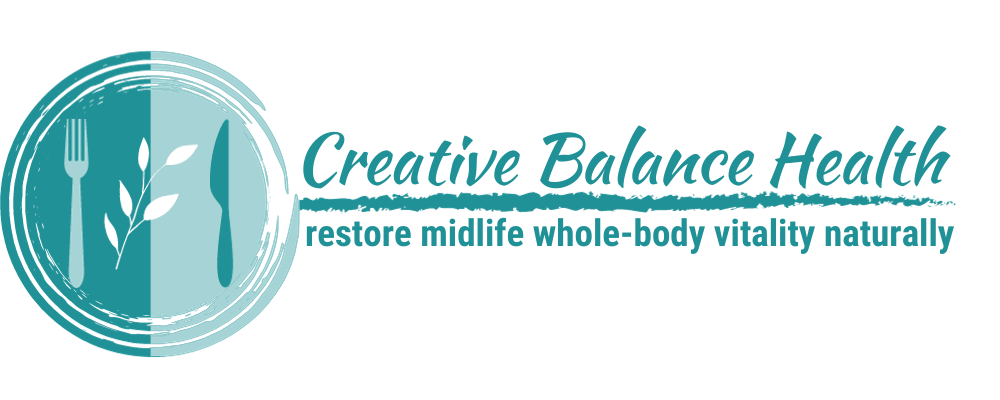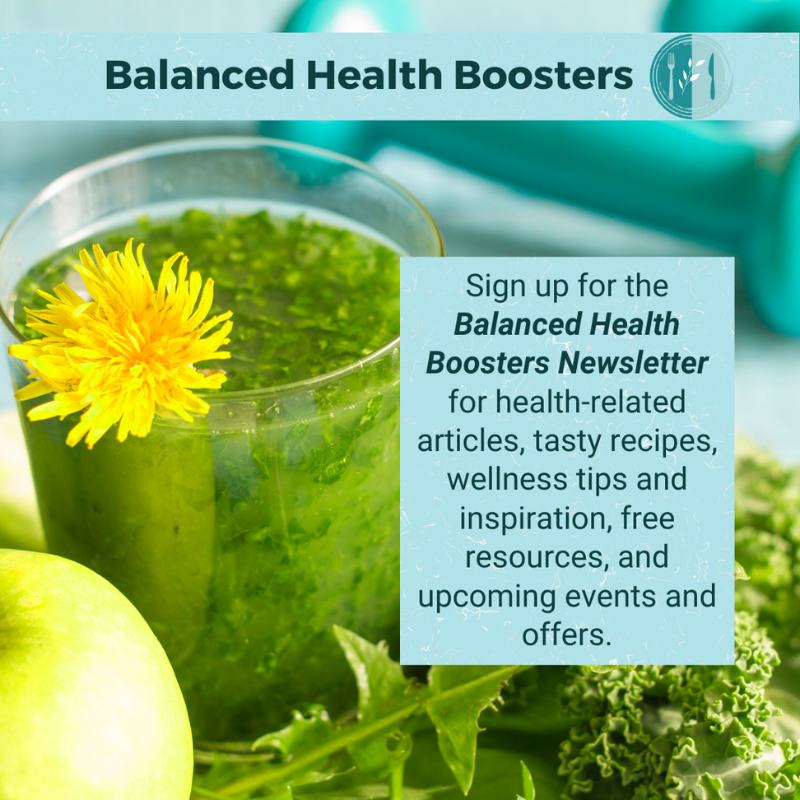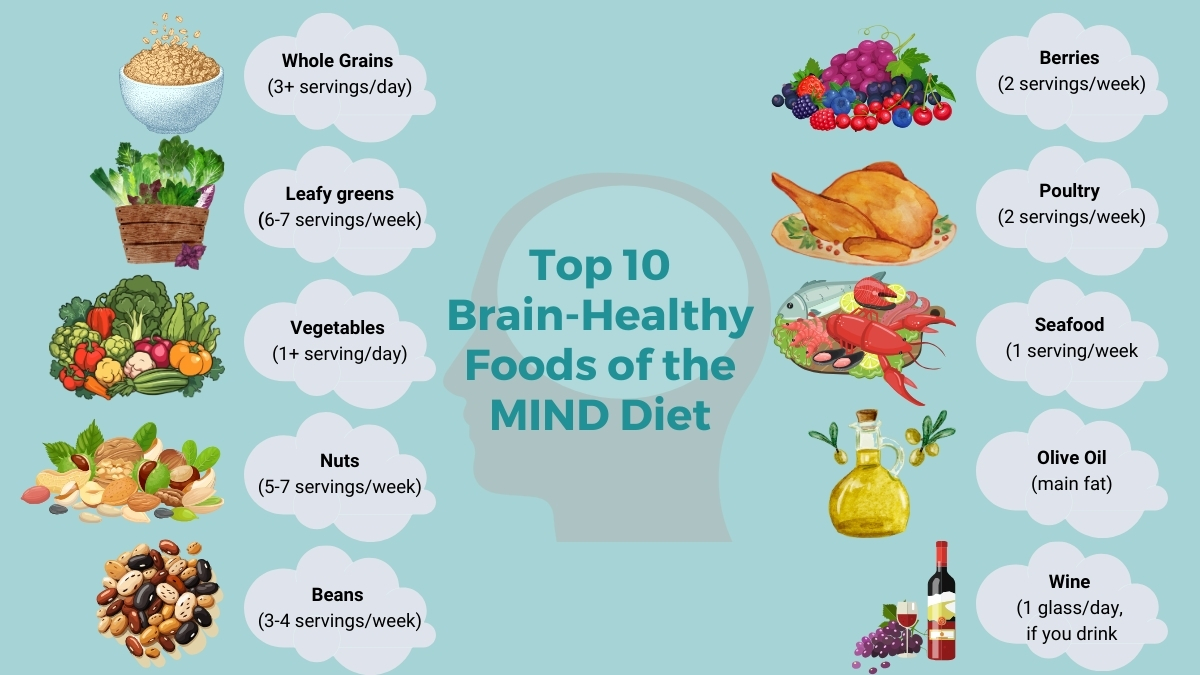Coffee and tea drinkers have lower risk of stroke and dementia.
If protecting your brain health is important to you—or if you’re looking for a comforting reason to keep enjoying your coffee and tea—this recent study has some encouraging insights that may help reduce Alzheimer’s risk!
With November as Alzheimer’s Awareness Month, it’s a time to bring awareness and hope around brain health. Many of us have witnessed loved ones affected by dementia or Alzheimer’s, and we know how deeply it touches our lives. Personally, I carry this close to my heart: my father and paternal grandmother both passed from Alzheimer’s disease.
Additionally, because I offer my clients the Neural Zoomer Plus test in my practice, I decided to run it on myself to gain a baseline view of my neural health. The results revealed that I carry two APO-e4 genes, which put me at a higher risk for Alzheimer’s. Since learning this, I’ve focused on making small, targeted changes to my diet and lifestyle to support my brain health and reduce Alzheimer’s risk.
For anyone on a similar journey, it’s encouraging to know that simple, enjoyable choices—like having a daily cup or two of coffee or tea—might offer some support for our brain health and potentially reduce Alzheimer’s risk.
Understanding Stroke, Dementia, and the Importance of Prevention to Reduce Alzheimer’s Risk
Stroke and dementia are common concerns as we age. Stroke causes about 10% of deaths globally, and dementia can gradually impact independence and quality of life. These conditions have many causes, but one thing is certain: taking preventive steps can make a real difference. It’s especially important to know that stroke and dementia are closely linked. In fact, having a stroke can double one’s risk of dementia. Encouragingly, research shows that many of the choices that help lower stroke risk also benefit brain health more broadly, helping to reduce Alzheimer’s risk over time.
Where Coffee and Tea Fit In for Brain Health and Reducing Alzheimer’s Risk
If you love coffee or tea, here’s some comforting news: both have been associated with a reduced risk of stroke and dementia, which may, in turn, reduce Alzheimer’s risk. A recent study in PLoS Medicine looked at the long-term effects of coffee and tea on brain health in over 365,000 adults, ages 50-74, in the UK. The results bring hope:
- 2-3 cups of coffee per day were linked to lower risks of stroke, dementia, and poststroke dementia.
- 3-5 cups of tea per day showed lower risks of stroke and dementia.
- Those who enjoyed a combination of 2-3 cups of coffee and 2-3 cups of tea per day (4-6 cups total) saw the most substantial reduction in the risk of stroke, dementia, and poststroke dementia, which may ultimately help reduce Alzheimer’s risk.
For those of us with a family history or genetic risk, these findings are heartening. It’s comforting to think that a simple, nourishing routine like drinking coffee or tea could be another small way to support our brain health over the years and potentially reduce Alzheimer’s risk.
Why Coffee and Tea May Be Beneficial for Brain Health and Reducing Alzheimer’s Risk
Both coffee and tea offer much more than caffeine; they’re full of antioxidants and other natural compounds that seem to support the brain. Studies suggest these drinks may help keep blood vessels healthy, which can lower stroke risk and support overall brain health. In addition, coffee drinkers tend to show lower risks for hypertension, heart disease, and type 2 diabetes—all of which are connected to brain health and reducing Alzheimer’s risk.
Inflammation is also a key factor in cognitive decline; coffee and tea contain compounds that reduce it. So, for anyone wanting to protect brain health as they age, these comforting drinks can offer more than just warmth—they may bring a bit of protection that could help reduce Alzheimer’s risk, too.
Is 2-3 Cups Right for You to Reduce Alzheimer’s Risk?
The study suggests that 2-3 cups a day could be beneficial. While more than that may lead to side effects like a racing heart or sleep issues, most health guidelines recommend a maximum of 400 mg of caffeine daily for healthy adults, though the limit is lower for those who are pregnant or breastfeeding.
To put it into perspective, each 8 oz. cup of coffee contains about 100 mg of caffeine. At the same time, black tea has about 50 mg and green tea around 30 mg. Drinking two cups of coffee and two cups of tea each day keeps you well within the safe range and could offer some protective benefits, potentially helping to reduce Alzheimer’s risk over time.
Nurturing Your Brain, One Sip at a Time to Help Reduce Alzheimer’s Risk
Research like this brings hope that simple choices can make a difference in brain health. While studies like these can’t confirm cause and effect, they suggest that these small, daily habits may contribute to a resilient brain and may even reduce Alzheimer’s risk.
For those with a family history or genetic predisposition, the idea of protecting our brain health through a mindful morning coffee or a calming cup of tea can feel reassuring and empowering. It’s about honoring the power of small steps—and savoring the moments they create.
Looking to learn more about brain health and aging? Check out these articles:
- How the MIND Diet Can Help Protect Your Brain
- Understanding Caffeine and Chronic Fatigue
- Stop “Inflammaging” in Its Tracks for Healthier Aging
If you’re interested in protecting your brain health and taking proactive steps, I’d love to help. Together, we can explore personalized options, including access to functional testing like the Neural Zoomer Plus, to better understand your unique health profile and develop a targeted plan. Feel free to reach out—I’m here to support you in making empowered health choices.
References
- Zhang, Y., Yang, H., Li, S., Li, W. D., & Wang, Y. (2021). Consumption of coffee and tea and risk of developing stroke, dementia, and poststroke dementia: A cohort study in the UK Biobank. PLoS Medicine, 18(11), e1003830. https://doi.org/10.1371/journal.pmed.1003830
https://www.medscape.com/viewarticle/963054?src=soc_tw_211117_mscpedt_news_mdscp_stroke&faf=1 - https://neurosciencenews.com/caffeine-stroke-dementia-19662/
- https://alz-journals.onlinelibrary.wiley.com/doi/10.1002/alz.12203
- https://www.compoundchem.com/2014/02/01/polyphenols-antioxidants-the-chemistry-of-tea/
- https://www.mayoclinic.org/healthy-lifestyle/nutrition-and-healthy-eating/in-depth/caffeine/art-20045678
- https://www.mayoclinic.org/healthy-lifestyle/nutrition-and-healthy-eating/in-depth/caffeine/art-20049372






